China was recently roiled by another scandal involved adulterated and toxic vaccinations, an issue that has been allowed to drag on for over a decade because of inaction (or, rather, the sort of action—attacking those who sought to gain compensation for harm) by the authorities. This gave Internet users more cause than usual to vent about the political system of their homeland. The rest of the week saw the usual preoccupations: a bloated real estate market, bizarre fines levied against the small guy for no good reason, and Party officials whose sanctimoniousness sometimes takes the breath away.
Joke of the Week
Background: The government of Shenyang, a northeastern city of China, recently announced a policy to destock real estate inventory, granting university students or recent graduates the ability to take out home mortgages with zero down. The policy was heavily criticized and soon retracted—but not before jokes were made.
(During a blind date)
Girl: “Do you have a car?”
Boy: “No.”
Girl: “Do you have an apartment?”
Boy: “No.”
Girl: “Then what’s there to say between us?”
Boy: “But I’m a university student in Shenyang.”
Girl: “Oh sweetheart, why didn’t tell me that in the first place?”
During the “Two Meetings,” a journalist asked the spokesman: “The average level of pesticide residue in market food significantly exceeded the maximum allowed by the Ministry of Health. Even tea is nearly undrinkable now. Is there any safe food in China?” The spokesman angrily replied: “Use your brain before asking! Do they think they’re using real pesticides?!”
Best of the Internet
@andyyeung12: “Chinese have to visit Hong Kong to safely vaccinate their babies; they have to visit the United States for better medical service when pregnant; they have to travel to Australia for non-toxic milk powder; they have to fly to Japan for reliable pressure-cookers; and they have to go to Canada for fresh air… Our motherland has become so ’strong' that it’s scary.”
@Xiucai Jianghu: “A dictatorship is worse than the mafia. While the mafia is definitely bad, at least it’s not hypocritical. They admit that they’re a mafia, and never force others to say they’re good people. In contrast, dictatorships are both autocratic and hypocritical. They force others to say the society under its rule is democratic and free. You'll be punished if you dare say they’re dictators.”
—Qiwenlu
Concern over the safety of domestic vaccines is prompting mainland mothers to look to Hong Kong for vaccinations for their children. Photo: CNSA
Question: If North Korea and China attack each other with nuclear weapons, who will benefit most?
Answer: Facebook, because those are the only two countries where Facebook is blocked.
Lin Ji: “For a long time, China’s most fundamental problem has been something much worse than toxic milk powder or toxic vaccines—a toxic regime.”
—RFA
@Dreamer naohu2: “Even Song Hongbing [the author of Currency Wars, a bestseller in China that expounds U.S.-led conspiracy theories] is a U.S. citizen. The undeniable fact is that for many people throwing mud at the U.S. is their job, while living in the United States is their life.”
Truly a ‘Most’ Unfair Fine
On March 22, a snack bar in Hangzhou was reportedly fined 200,000 yuan ($30,900) for saying “The Best of Hangzhou,” and “The Best of China,” on its in-shop signboards. The city’s Market Supervision Administration said using the term “most” is a violation of Advertisement Law.
The owner complained that the fine was too heavy for him: “200,000 yuan is what the bar earns in a whole year. I have taken away the terms as required. It is not right to kill my business over just this.” The authorities denied the complaint, claiming that the regulation was issued last September and the owner was responsible for learning about new laws.
Many who read the news expressed sympathy toward the shop owner. One remark said: “I just cannot understand how the government fails to supervise the vaccine market properly while it has time to punish things like this.” Another remark riffed on the Communist Party’s notorious slogan “The sun is the reddest, Chairman Mao is dearest,” saying “I guess the Party should be fined billions of yuan for the most unreal advertisement in history?”
The Chinese character for “most” is replaced with the character for “truly” on the signboard.
Corruption is the Fault of Everyone
The People’s Daily recently published an article titled “We Are All Part of the Social ‘Atmosphere.’” The article was authored by Xi Hua, a high-ranking official in the Central Commission for Discipline Inspection, the Party’s anti-graft agency. The word “atmosphere” in the title refers to bad social customs, particularly “bribing and receiving bribes,” which has become ubiquitous in China.
The article asks readers to examine themselves for the cause of corruption in China, and goes on to suggest that corruption is a shared responsibility.
Chinese netizens were not happy with the implications of this line of argument. A remark said: “So you’re trying to say that not only is the Communist Party corrupt, but that everyone is corrupt? Then why not say it in a straightforward way? Why not stop saying the Party is always great, glorious and correct?”
Other remarks said: “Dare you tell the truth? So you think ordinary Chinese people want to give bribes? If you served our people fairly and equally, regardless of how much money we gave you in red envelopes, who would pay bribes?”
Some remarks are ironic: “Oh we have such a great government and great Party; unfortunately they learn bad things from our people.” Another remark said: “The opinion of this article is not completely wrong, but it shouldn’t have been published in this newspaper.”
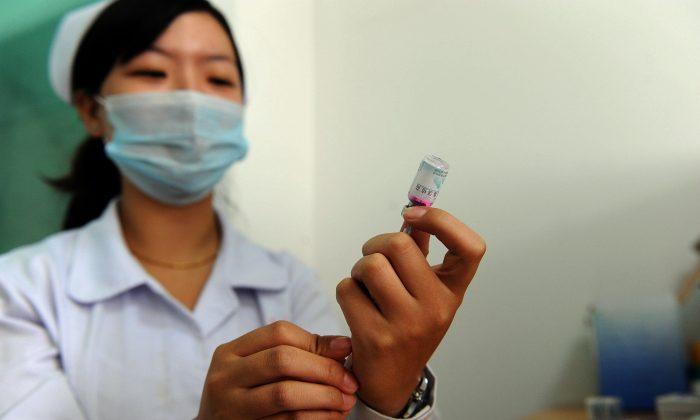

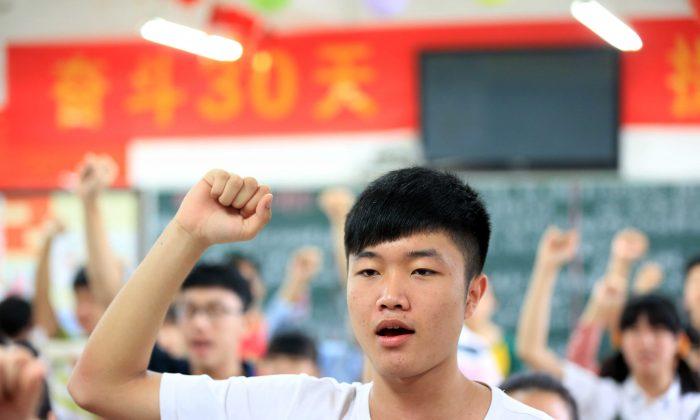
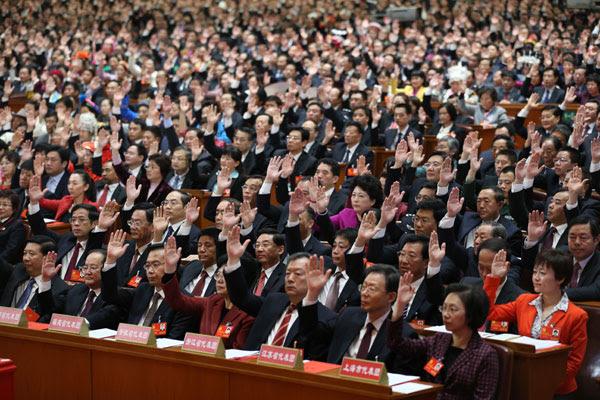
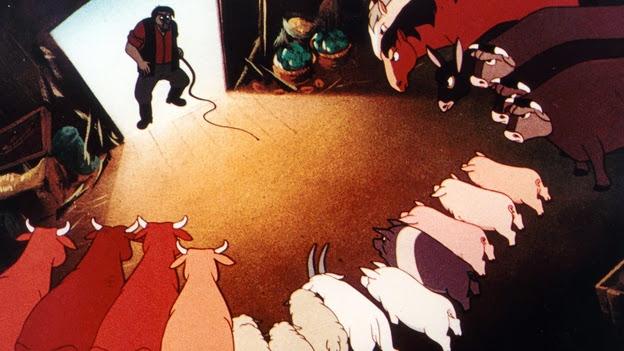
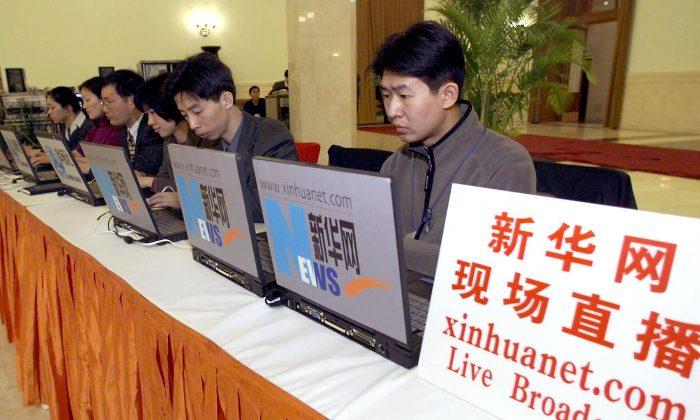
Friends Read Free